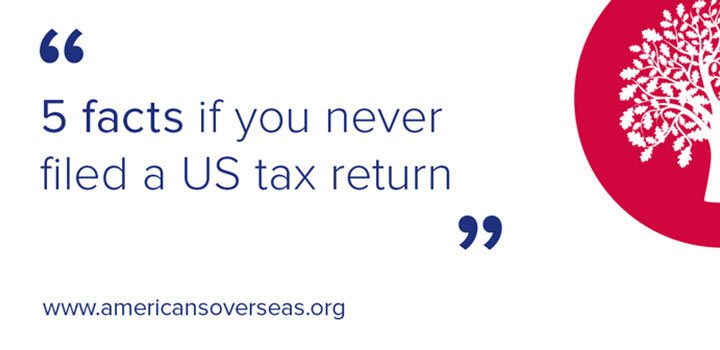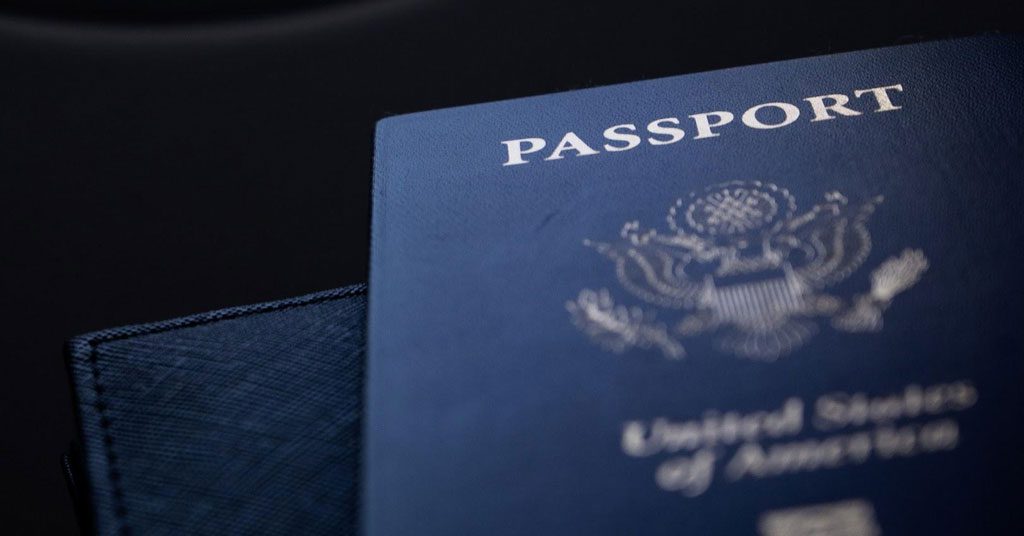
Bloomberg: French Court Declines to Overturn US Tax Treaty

According to Bloomberg France’s top administrative court has ruled that French authorities can pass on tax information to their American counterparts, rejecting a motion by dual citizens who have been trying for years to stop France from cooperating with the US Tax Treaty FATCA.
US Tax Treaty FATCA not contravening French Laws
The Conseil d’Etat ruled Friday that France’s measures to implement FATCA, or the Foreign Account Tax Compliance Act, didn’t contravene the country’s privacy laws. It also rejected arguments that the U.S. doesn’t adequately cooperate with French tax authorities in return.
FATCA was passed in 2010 and forces banks wanting to operate in the U.S. to report any assets held by American citizens overseas. France signed up to FATCA in 2013.
While the measure is aimed at tax avoidance, it’s created problems for many American expats and dual nationals of modest means who have been rejected by retail banks seeking to avoid hassle and risk.
Citizenship-based tax regime
Although bank account information of citizens of other countries is now being routinely exchanged globally under a new, FATCA-like automatic information exchange program known as the Common Reporting Standard that most countries in the world – with the notable exception of the United States. – have signed up since 2017, American expats struggle under FATCA because the U.S. is the only country apart from Eritrea that taxes on the basis of citizenship.
This means that even if they left the U.S. the day after they were born there, or even obtained their U.S. citizenship as a result of the well-intentioned efforts of their overseas-resident American parents, American expats who have lived most if not their entire lives abroad are expected to file U.S. tax returns annually, and potentially pay taxes. Extricating themselves from America is an expensive process, starting with a $US2,350 renunciation fee.
French Banking Federation warns of potential need to close 40,000 accounts
The head of the French Banking Federation has formally warned France’s Finance Minister that the country’s banks may be forced to close as many as 40,000 bank accounts by the end of the year, owing to problems these banks have in complying with the U.S. tax information reporting law known as FATCA.
The 40,000 bank accounts in question are understood to be those of individuals who are Americans or are dual American and French citizens. The fact of their American citizenship obliges banks in France and elsewhere around the world to provide data on these clients to a French agency that subsequently supplies it to the U.S., as FATCA (Foreign Account Tax Compliance Act )requires.
Problem to provide Tax Information Numbers (TINs)
In his letter to French foreign minister Le Maire, French Banking Federation chairman Laurent Mignon noted that France’s banks say they face significant financial penalties from the U.S. if they fail to provide it with such information as the so-called Tax Information Numbers (TINs) of all of its American clients, and yet, he explained, they are unable to do this because many of these French citizens born on American soil lack any concrete link with the United States, where they no longer reside, and therefore don’t have TINs or other documentation the U.S. is seeking.
At the same time, because these individuals are also European citizens, under European law, France’s banks say they are obliged to provide them with bank accounts.
40,000 bank accounts could be impacted by the US Tax Treaty
Although FATCA came into force in 2014, the U.S. Treasury agreed to relax its requirements involving TINs temporarily, but this grace period is set to end on 31 December 2019.
“As of 1 January 2020, banks that fail to provide such information as TINs to the U.S. authorities may be unable to fulfill their reporting obligations and therefore will be obliged to close the accounts of those of their customers concerned,” Mignon said in his letter, noting that this would include accounts opened before that date as well as any new ones. To date, approximately 40,000 accounts have been impacted.
If they don’t close these accounts, these banks would be subject to very significant financial sanctions, Mignon added, referring to the 30% withholding on their U.S.-sourced income that banks and other foreign financial institutions face if they are found not to have complied with their FATCA reporting obligations.
Mignon stressed the urgency of the matter and the need in the absence of being able to continue to use clients’ birth dates in lieu of TINs to find an adequate operational solution to the problem.
Dual citizens are worried
Fabien Lehagre, president and founder of the Association des Américains Accidentels (AAA), who has been leading the dual citizens cause for fairer treatment by the U.S. across Europe, said his members are very worried that December 31 will arrive, and they will find their bank accounts have been closed down.
Lehagre has been campaigning tirelessly on behalf of his members – as well as the rest of France’s estimated tens of thousands of other French dual citizens, and Europe’s estimated 300,000 – to get France and other European governments to stand up for them, on the grounds that they are French and European citizens and not really American, except as a result of it having been when they were born and lived only briefly.
As reported, the AAA suffered a setback in its efforts last week, after France’s top administrative court, the Conseil d’Etat, said it saw no legal basis to support the Accidental American Associations’ claims that the way France currently implements FATCA violated the privacy of dual French/American citizens.
Lehagre has said his organization now plans to take the matter to the European Court of Justice.
Get help from Americans Overseas
We, the founders of Americans Overseas, were born in the Netherlands and obtained our American nationality through our (American) mother.
When we heard about the US tax system for the first time around 2013, we were in total disbelief (it can’t be true!), anger (how can they do this?), fear (am I going to get fined or pick up other problems?), and panic (what should I do?). It is (unfortunately) true that there is an additional American tax levy. But there’s no information from the local government, and when approached, the consulate referred us to the IRS, and the IRS was impenetrable.
That’s why we started this initiative to help people from all over the world by providing proper information about the US tax system to avoid unnecessary panic and offering help free of obligation and free of charge. If needed, we have a network of affordable professionals (accountants) who can help you with your tax obligations.
If you have more questions about TINs, FACTA and the US Tax Treaty, you can contact us at Americans Overseas.
Contact us for more information
Frequently asked questions
Understanding the US tax system, the obligations, and all the additional terms can be difficult. Especially if one lives outside of America. Is your question not answered? Contact us.
-
Who is required to file taxes in the US?
U.S. citizens and resident aliens who live abroad are generally required to file a federal income tax return and pay taxes on their worldwide income.
Read more... about Who is required to file taxes in the US? -
Do US citizens living abroad still have to file taxes in the US?
Yes, US citizens are required to file taxes on their worldwide income, regardless of where they are living.
Read more... about Do US citizens living abroad still have to file taxes in the US? -
How can I cash my US check?
Received an American check? You can cash your check in the following ways: cash the check at your own bank, transfer to another person (endorsement), cash checks using an online service or cash the check by another bank.
Read more... about How can I cash my US check? -
Are there any special tax forms required for US citizens living abroad?
US citizens living abroad may be required to file Form 2555 and/or Form 1116 to claim the foreign-earned income exclusion.
Read more... about Are there any special tax forms required for US citizens living abroad? -
What is FBAR filing?
FBAR (Foreign Bank Account Report) filing is the requirement for certain U.S. individuals and entities to report their foreign financial accounts to the Financial Crimes Enforcement Network (FinCEN) of the U.S. Department of Treasury. The FBAR filing requirement applies to U.S. persons who have a financial interest in, or signature authority over, one or more foreign financial accounts if the aggregate value of those accounts exceeds $10,000 at any time during the calendar year.
Read more... about What is FBAR filing?





